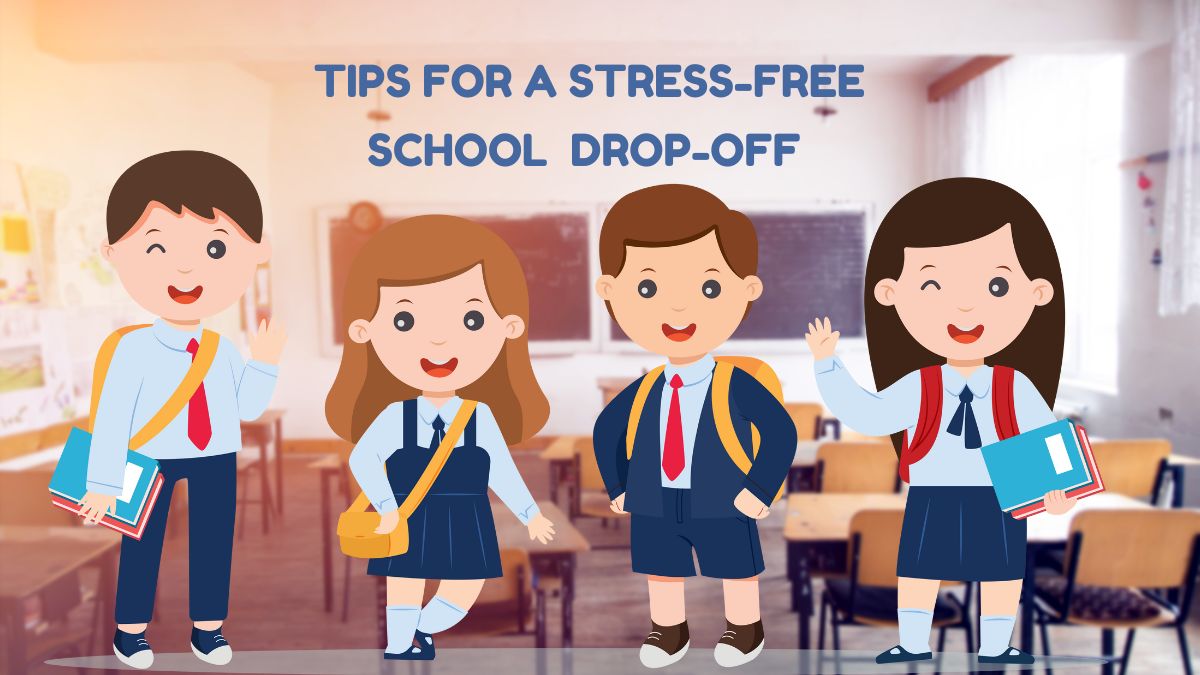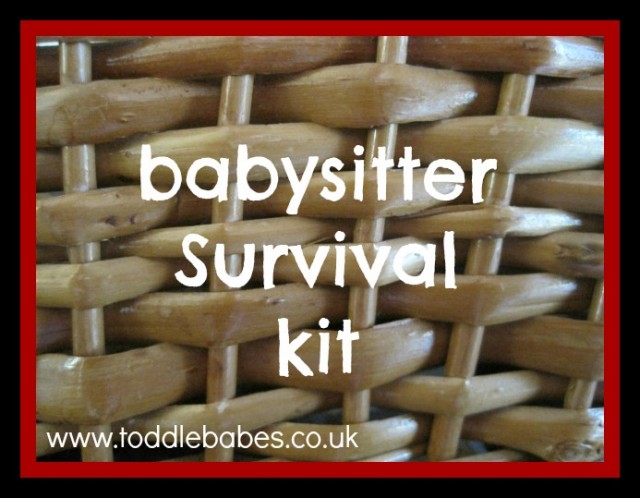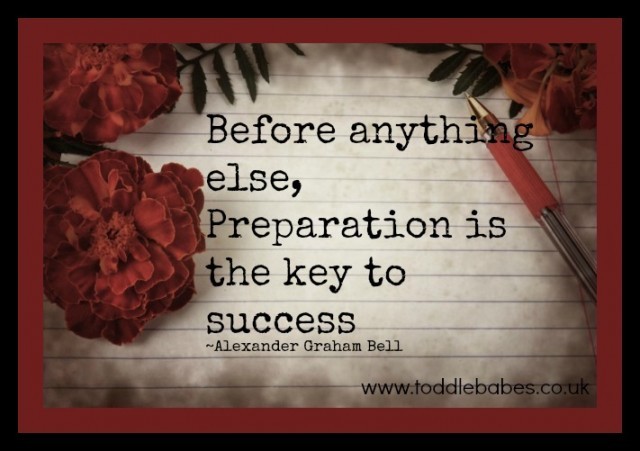
Babysitter Survival Kit

Simple Morning Routines for a Stress-Free School Drop-Off
Mornings can be challenging for parents and children. Rushing to get everyone dressed, fed, and out the door often leads to stress and frustration. Implementing simple, structured routines can transform your mornings and make school drop-off a positive, calm experience for the whole family.
Here’s a practical checklist of steps to help you achieve a stress-free school drop-off, whether you’re managing preschoolers, primary-aged children, or both.
Stress-Free School Drop-Off Checklist
1. Prepare the Night Before
-
Lay out school uniforms, PE kits, shoes, and bags.
-
Pack lunches and snacks.
-
Charge devices or pack any homework folders.
-
Set out breakfast items on your dining or kitchen table for quick preparation.
Packed Lunch Ideas for Primary School Children: Real-Life Prep Tips from a Mum of Three
Preparing in advance removes last-minute panic and sets your morning up for success. According to Dr Laura Markham, author of Peaceful Parent, Happy Kids, “A calm environment starts the evening before. Organisation reduces stress for both parents and children.”
2. Set a Consistent Wake-Up Time
-
Ensure children go to bed at a reasonable hour to get enough sleep.
-
Wake everyone up at the same time each day.
-
Allow 10–15 minutes buffer time for slow risers.
Regular routines signal the body’s internal clock, making mornings smoother and contributing to a stress-free school drop-off.
9 Reasons Good Sleep is Important
3. Create a Calm Morning Environment
-
Keep music soft or play gentle tunes. Creating a morning playlist that your children help you curate works well and can be played every day.
-
Avoid screens until everyone is dressed and ready.
-
Speak in calm, encouraging tones.
Children pick up on adult stress. By modelling calm behaviour, you reduce morning tension and create a positive start.
4. Follow a Step-by-Step Routine
-
Use a visual schedule or checklist on the wall.
-
Include steps like: brushing teeth, washing face, getting dressed, and breakfast.
-
Allow children to tick off each completed task.
Visual cues and step-by-step routines empower children and help maintain a stress-free school drop-off.
Why Being an Organised Mum Can Make Your Life Easier
5. Offer Choices When Possible
- Breakfast choices – Let them choose between two healthy options, e.g., cereal or toast, fruit or yoghurt.
- Accessories – Choosing a hairband, hat, coat, or backpack keychain.
- Shoes or socks – If the school uniform allows multiple types of shoes (trainers vs. school shoes) or different socks/tights.
- Order of morning tasks – For example, whether they brush their teeth before or after washing face, or put shoes on before breakfast.
- Lunch options – Decide on a snack or which sandwich filling to take or which meal to order.
- Small personal items in their bag – Choosing a favourite water bottle, pencil case, or book for reading time.
- Transport preferences – Walking, scooter, or being dropped off in the car (if safe and feasible).
Psychologist Dr Tina Payne Bryson highlights that choice helps children feel independent, reducing resistance and morning battles.
6. Keep Breakfast Simple and Nutritious
-
Prepare easy options such as fruit, yoghurt, cereal, or toast.
-
Encourage a calm, seated meal rather than eating on the go.
A well-fed child is more focused and cooperative, contributing directly to a stress-free school drop-off.
7. Use Positive Reinforcement
-
Praise children for completing tasks independently.
-
Offer small incentives like stickers or extra storytime for smooth mornings.
Acknowledging effort fosters cooperation and encourages children to follow routines consistently.
10 Positive Parenting Phrases That Actually Change Behaviour
8. Allow Extra Time for Transitions
-
Factor in a 5–10 minute buffer for unexpected delays.
-
Use this time to calmly redirect behaviour if children become upset or distracted.
A realistic timetable prevents the stress of running late and supports a stress-free school drop-off.
Reception Class Preparation: Essentials for Parents
9. Organise Drop-Off Essentials in One Place
-
Keep coats, bags, shoes, and lunchboxes near the door. Ensuring each child has an allocated hook, basket, or cubby keeps everything in one place/
-
Ensure keys, wallets, and phones are ready for adults.
-
Create a grab-and-go station for quick exits.
A grab-and-go station is a dedicated area near your front door where all the items your family needs for school drop-off are kept together. Think of it as a mini command centre for mornings. For example:
-
Children’s items: coats, bags, lunchboxes, shoes, hats, and water bottles.
-
Parent essentials: keys, wallets, phones, reusable coffee cups, or anything you might forget in a rush.
-
Quick reminders: permission slips, homework folders, library books, or snack bags.
The idea is that everything has its place and can be picked up in one smooth motion on the way out. Label shelves, hooks, or bins for each child to make it visually clear. For younger children, low hooks or baskets help them access their items independently.
This system reduces last-minute searching, prevents frantic doorway arguments, and keeps your morning routine flowing efficiently. When children know exactly where to find their coat or lunchbox, they feel confident and independent, which directly supports a stress-free school drop-off.
-
Organisation reduces last-minute searching and keeps the morning flowing smoothly.
10. Practice Calm Parent Self-Care
-
Take a few deep breaths before leaving home.
-
Maintain a positive mindset and avoid rushing or shouting.
-
Remember, children mirror adult behaviour—your calm sets the tone.
Putting Morning Routines Into Practice
Consistency is key. Introduce one or two new habits at a time rather than overhauling the entire routine at once. Observe which strategies work best for your family and adapt as needed. Predictable routines reduce stress for both parents and children, ensuring that school drop-off is no longer a source of daily tension.
By following these steps, mornings can become organised, calm, and even enjoyable. Simple, structured routines give children independence, foster cooperation, and support a stress-free school drop-off every day.

I am a preschool and primary school teacher and mum to 3 children. I have been involved in education since 1997 and have trained in a variety of educational specialist areas. It is with this expertise that I write articles to help parents and educators provide quality learning experiences for the children in their care.




